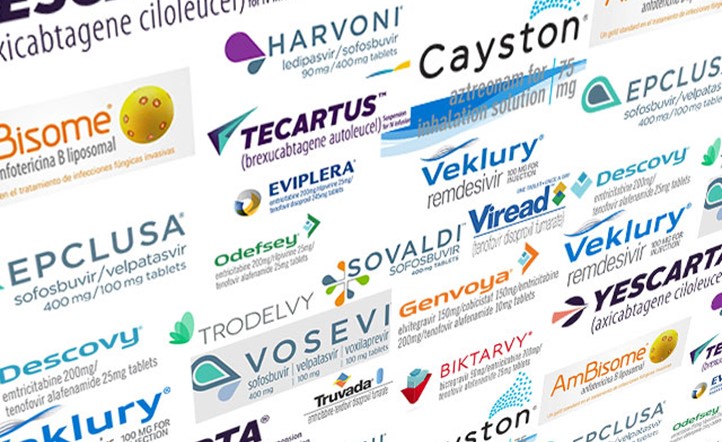NICE technology appraisal guidance: Brexucabtagene autoleucel for treating relapsed or refractory B-cell acute lymphoblastic leukaemia in people 26 years and over

NICE Technology appraisal guidance on Brexucabtagene autoleucel for treating relapsed or refractory B-cell acute lymphoblastic leukaemia in people 26 years and over published: 07 June 2023.
1 Recommendations
1.1 Brexucabtagene autoleucel is recommended for use within the Cancer Drugs Fund as an option for treating relapsed or refractory B‑cell acute lymphoblastic leukaemia in people 26 years and over. It is recommended only if the conditions in the managed access agreement for brexucabtagene autoleucel are followed.
1.2 This recommendation is not intended to affect treatment with brexucabtagene autoleucel that was started in the NHS before this guidance was published. People having treatment outside this recommendation may continue without change to the funding arrangements in place for them before this guidance was published, until they and their NHS clinician consider it appropriate to stop.
Why the committee made these recommendations
Standard treatment for B‑cell acute lymphoblastic leukaemia includes inotuzumab, blinatumomab, and ponatinib. This can be followed by an allogeneic stem cell transplant for some people. Brexucabtagene autoleucel would be offered as an additional treatment option.
Evidence from a study of brexucabtagene autoleucel does not compare the treatment with anything else. It suggests that people having the treatment may live longer and have more time before their disease relapses, but this is uncertain. There is also not enough evidence to tell if this treatment can cure B‑cell acute lymphoblastic leukaemia.
The most likely cost-effectiveness estimates are uncertain, and some of them are higher than what NICE considers an acceptable use of NHS resources. So brexucabtagene autoleucel cannot be recommended for routine use.
Evidence collected in the Cancer Drugs Fund would help reduce some of the uncertainties in the clinical evidence. Brexucabtagene autoleucel has the potential to be cost effective, so it is recommended for use in the Cancer Drugs Fund.
